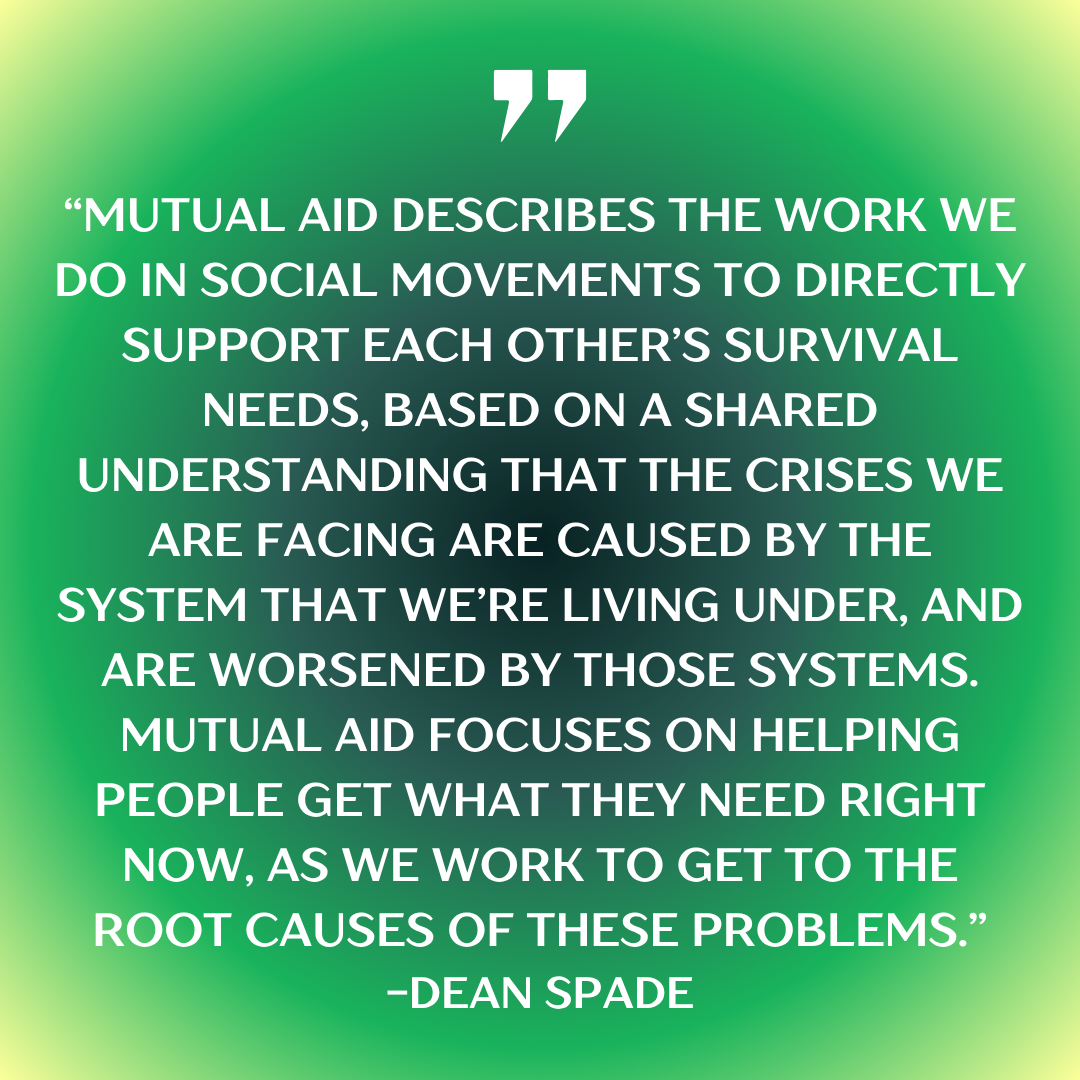Jesus’ Call to Feed People as Institutions Break Down
Will people receive SNAP benefits? Will the federal government reopen? Will people’s healthcare costs increase or remain the same? These are the questions that have been swirling for the past few weeks. While politicians play games and headlines scream, there are very real people on the ground who are unable to afford the basic necessities of daily life.
Though there has been much back and forth about whether people will receive their SNAP benefits, the reality is that up to 90,000 Wisconsinites were set to lose benefits this month because of red tape or changes due to the passage of HR 1 (dubbed the “Big Beautiful Bill”) earlier this year. This bill is also set to cost the state of Wisconsin $314 million in food assistance. Additionally, pandemic-era programs ended at the end of 2024, and earlier this year, the USDA cut $1 billion of funding to schools and local food banks.
The impact of these institutional changes is being felt by individuals and faith communities attempting to provide local assistance. One congregation wanted to increase the mobile food program they run. They had the ability to raise funds to purchase the food, but their partner organization did not have enough food nor the capacity to deliver it. Another congregation shared about their weekly breakfast program. Last year, some of the food they used to cook their meals was free due to grants that began during COVID. At the beginning of this year, they began to have to pay for this food at the same time prices were rising, and the number of people being served has continued to increase (they had a 35% increase last week in attendance). One of the WCC’s Faith Food Action Network churches had a plan to partner with residents of a local apartment complex for a food box program, but have been unable to secure a partner to help them acquire boxes at an affordable rate, despite several promising leads. Many of the traditional organizations working to feed our Wisconsin communities do not have the capacity to meet the increased need.
What are we to do as the Church? Jesus’ command to “Feed my sheep” comes to mind. How does the church respond when we see systems and institutions (whether they be the government or larger food banks) break down and unable to meet the needs of our neighbors?
A term we’ve been discussing at the WCC for a while has been used even more frequently in the past few weeks: mutual aid. Dean Spade, a professor at the Seattle University School of Law and the founder of the Sylvia Rivera Law Project, says, “Mutual aid describes the work we do in social movements to directly support each other’s survival needs, based on a shared understanding that the crises we are facing are caused by the system that we’re living under, and are worsened by those systems. Mutual aid focuses on helping people get what they need right now, as we work to get to the root causes of these problems.”
While this concept is becoming increasingly popular outside the church, it is also foundational to how the church has traditionally operated. Denominations such as the AME were founded first as mutual aid societies that then became churches. The Church of Jesus Christ of Latter-day Saints have a tradition of a fast offering and a tithe that is used to help members internally and the wider community. Similar programs exist in many denominations. And then there are the informal, local versions of mutual aid. Many congregations have traditions of collecting funds for people who are struggling through love offerings or other avenues, providing meals around times of birth or death, and so many other informal ways they’ve banded together to meet the needs of both members and those in the wider community.
More recently, many churches have been setting up “blessing boxes” or “little free food pantries” and stocking them on a regular basis. Some have gone as far as setting up a community fridge on their property (Christ Presbyterian Church in Madison and Tricklebee Cafe in Milwaukee are two examples). These projects are easy ways to help get additional food into the community with few barriers to give or receive help.
Though Wisconsin residents have received their November SNAP benefits, the breakdown of our institutions has not been fixed. The number of hungry people in our community continues to grow, and people continue to be used as political pawns. Our call as Christians is to notice hungry people and respond. To feed our neighbors. How is your congregation responding to Jesus’ call?



